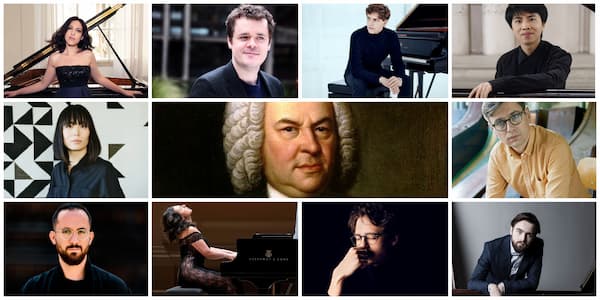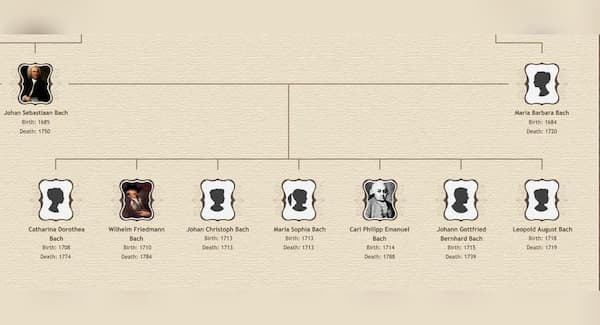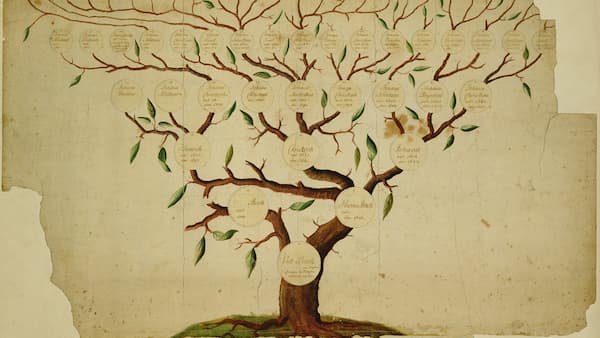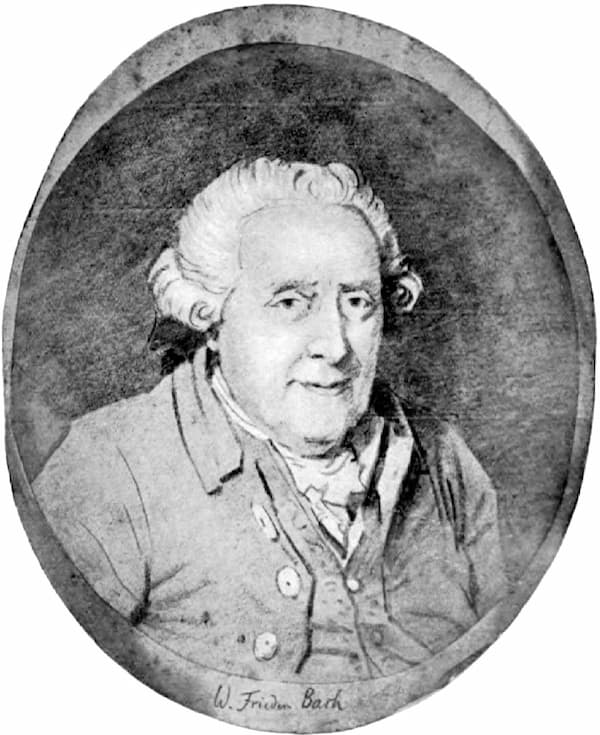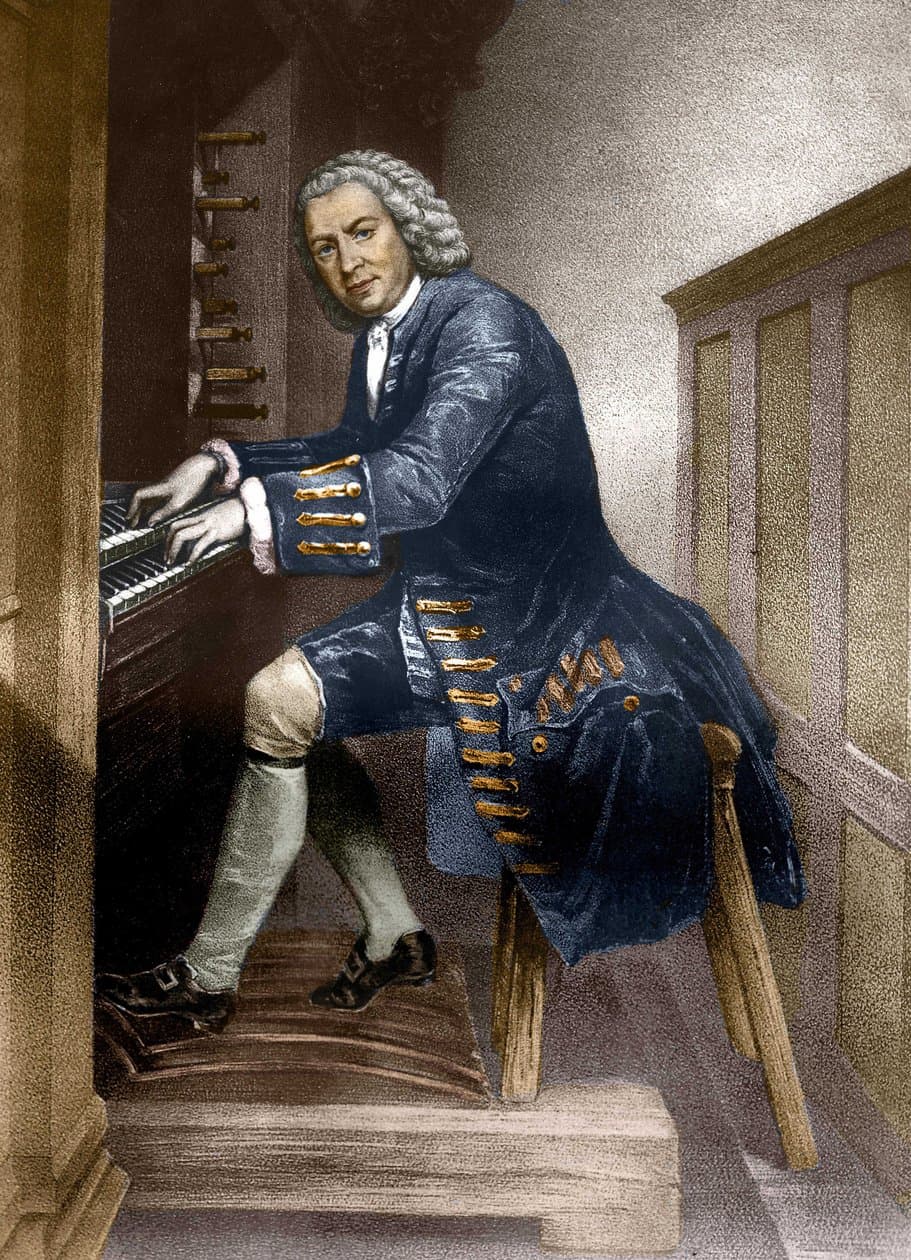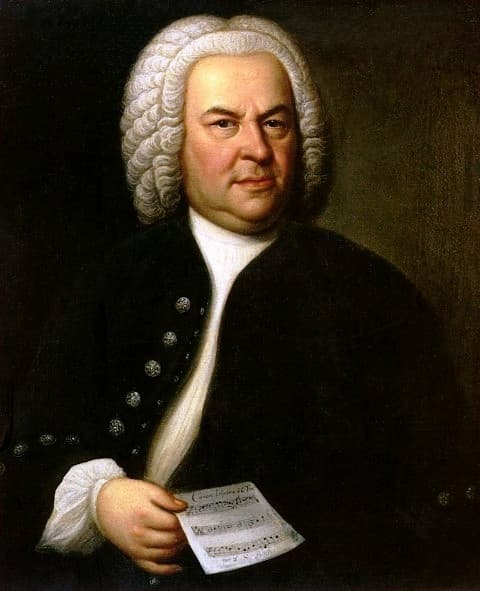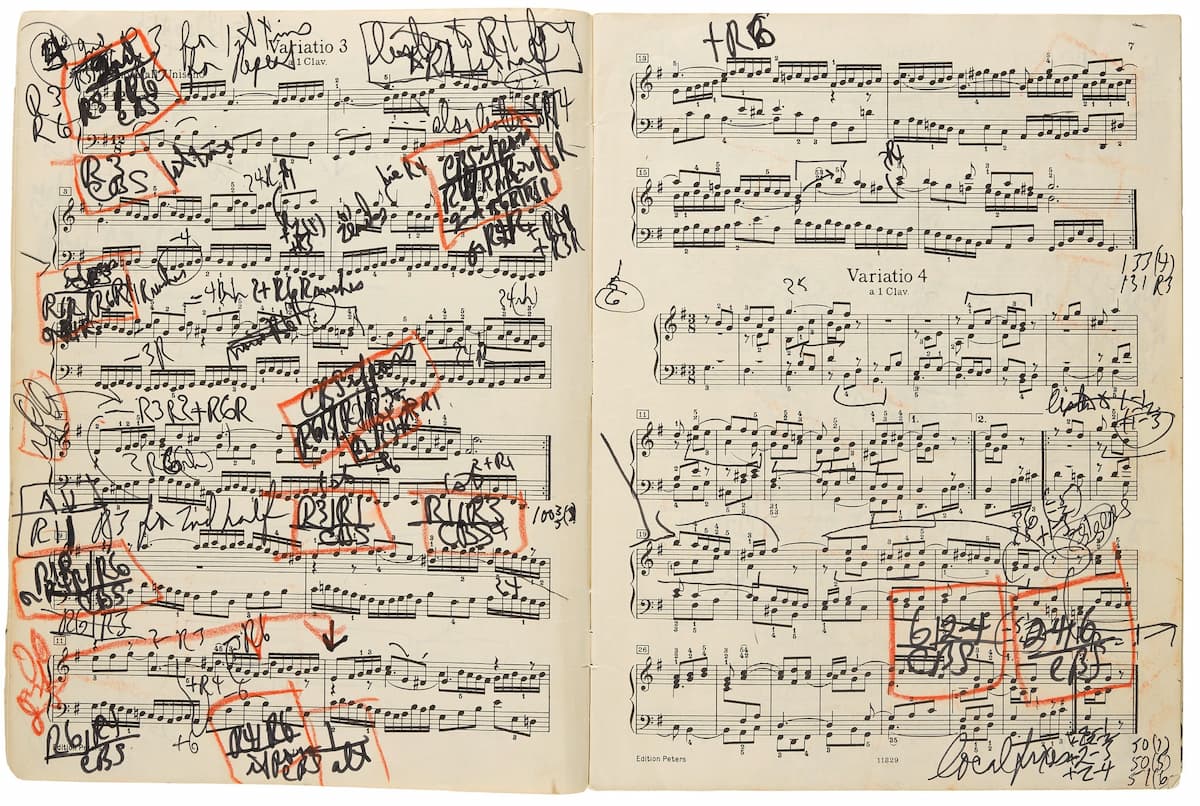An exciting next generation of pianists is stepping into the spotlight. Blending classical precision with daring, contemporary flair, they are pushing away the boundaries of tradition and creating new dynamic soundscapes. Their fearless and creative approach is rewriting the rules,
Bach
A raging family feud soured Bach’s working environment in Weimar in 1717. The Duke of Weimar, William Ernest, who resided at the “Wilhelmsburg” household, became a sworn enemy to his nephew, Ernst August, who lived at the “Rote Schloß.” As
Johann Gottfried Bernhard Bach was born on 11 May 1715, the sixth of seven children born to Johann Sebastian and Maria Barbara Bach and the fourth to survive childhood. The Baptismal records at the State Church in Weimar noted his
The Bach family was enjoying happy times in Weimar, and Maria Barbara was expecting again in 1713. On 21 February 1713, Bach was lodged in the castle at Weissenfels to celebrate the birthday of Duke Christian, and we know that
The Bach family was happily settled in Weimar. Maria Barbara Bach was taking care of the household and was certainly busy raising their precocious daughter Catharina Dorothea. Johann Sebastian, in the meantime, continued his duties in the service of Duke
Johann Sebastian Bach was a hugely productive man. And I am not merely talking about his musical compositions. With his wives Maria Barbara and Anna Magdalena, Bach fathered 20 children over his lifetime. So we decided on a little series
This episode of my favorite canons starts with an accidental discovery. In 1975, the Bibliothèque Nationale de France acquired the first edition of the Bach’s Goldberg Variations. It turned out that this particular printed score had originally belonged to Bach
In his Goldberg Variations, Musical Offering, and the canonic variations on “Vom Himmel hoch,” Bach pursued canonic procedure to its absolute limits. The use of canon no longer merely serves to lend emphasis or cogency to the composer’s part-writing, but

